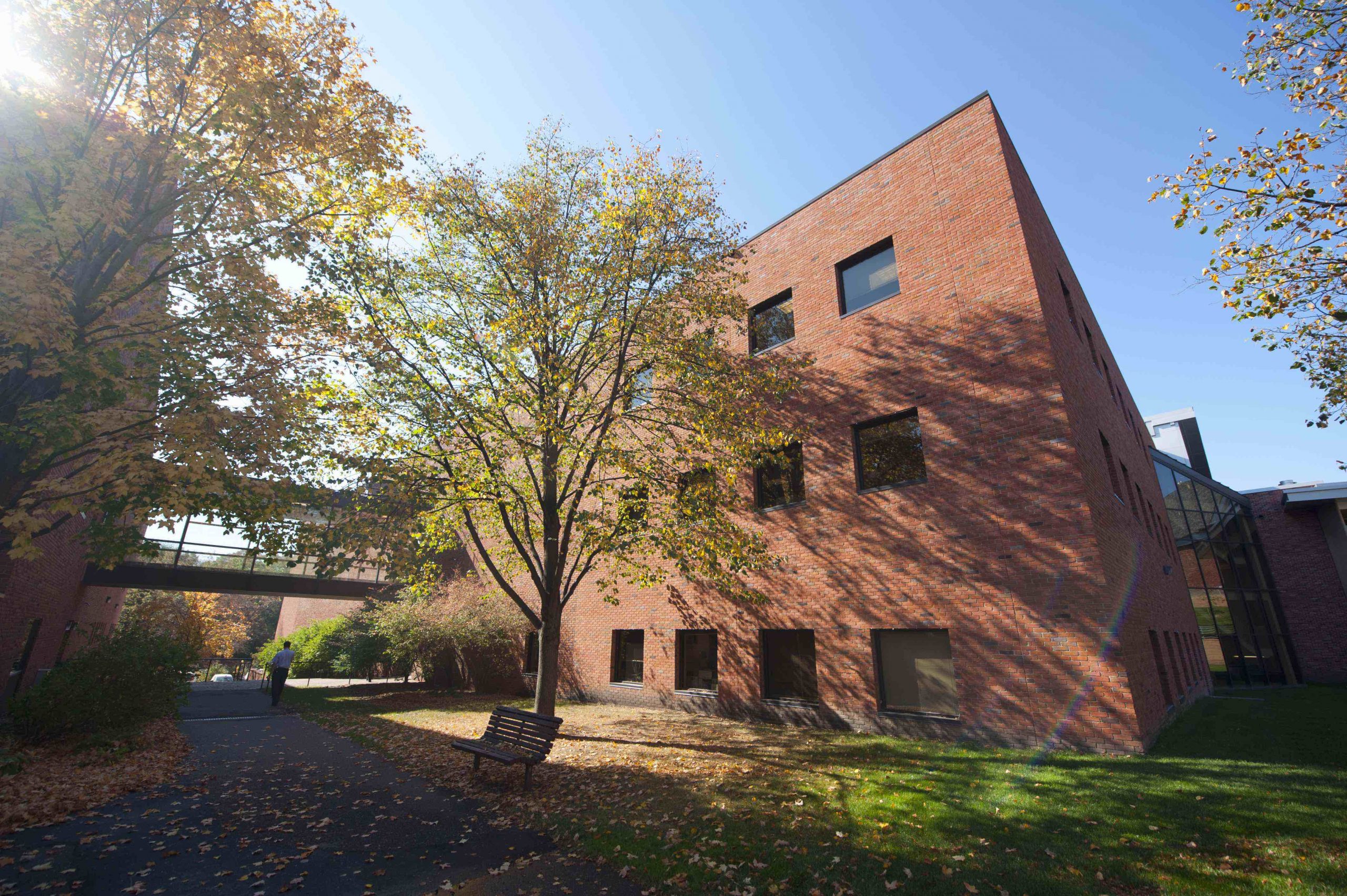The college search can be exciting—but it can also be overwhelming. Students today have more options in higher education than ever before. With so much available, it’s helpful to know what qualities you’re looking for in a college. Understanding the differences between public and private schools can be a good place to start.
One of the biggest differences between the two is where their money comes from. State governments fund most of the operating costs of public colleges, while private colleges rely on tuition and donations for funding. Whether a school is public or private typically can influence many factors, but we’re going use this post to talk about three: size, cost and academic opportunities.
Private colleges
• Size
This applies to both the size of the school and size of your classes. At a private college you might have a few large lecture classes, but a majority of your classes will be smaller. The average class size will run 25-35 students, but sometimes reach as low as 10-15. Smaller schools often offer a community vibe, because students are more likely to run into people they know in classes and common spaces.
• Cost
The sticker price of tuition for private schools tends to run higher than in-state tuition for public schools. Don’t let that be a reason to close the door on private colleges, though—research their financial aid! In addition to government aid that you might qualify for, private colleges also offer scholarships for various reasons including academics, cultural background, socioeconomic status, extracurricular involvement, and more. Most colleges should have a spot on their website that lays out your scholarship and grant opportunities.
• Academics
Some private colleges, due to their size, have fewer options than public schools when it comes to their areas of study. On the flip side though, smaller schools offer the possibility for more personal interaction with your professors who are experts in their fields. Getting to know your professors can often lead to career opportunities—and they can also be great mentors.
Public colleges
• Size
Public colleges tend to have a larger student body and consequently larger class sizes. You might be looking at more lectures and fewer class discussions. When a college has a larger student body, community can still be found. It just usually requires students to join extra curriculars or seek out friendships within their residence halls.
• Cost
The sticker price of public colleges generally runs cheaper than at private colleges—that is, if you attend college in the state you reside or through a reciprocity program. If you’re interested in going to a public college outside of the state you live in, you’ll likely be looking at an up-charge for out-of-state tuition. It’s cheaper to go to a state college in the state you reside because some of your state tax money has already gone toward funding state colleges that you might attend someday!
• Academics
While personal interaction with professors in their major might be more limited at larger state colleges, students looking for a wide selection of majors to choose from can often find that at public institutions. Of course, to be sure, it’s always helpful to check the college website or talk with a college representative to explore what options are available to you.
Kickstart your college search!
There are many other factors to consider when college searching. Perhaps you’ll look at location, campus housing options, academic rigor, sports and extra-curricular activities, diversity, or selectivity in admissions. A great tool for finding colleges that meet your desired criteria is BigFuture College Search. There you can use the previously mentioned qualities to search for colleges that match your desires.
As far as private colleges go, we’re a little biased—but Bethel University can be a great option. Located just outside of Minneapolis and St. Paul, Bethel allows you to enjoy all the benefits of the city including incredible food, cultural experiences, internship and job opportunities, and entertainment options. But you also get to come home to our wooded campus on Lake Valentine, where we serve God, grow in community, and challenge our minds, all so we can go forth and engage some of the world’s toughest problems to create a better tomorrow. Learn more or schedule a visit today.

